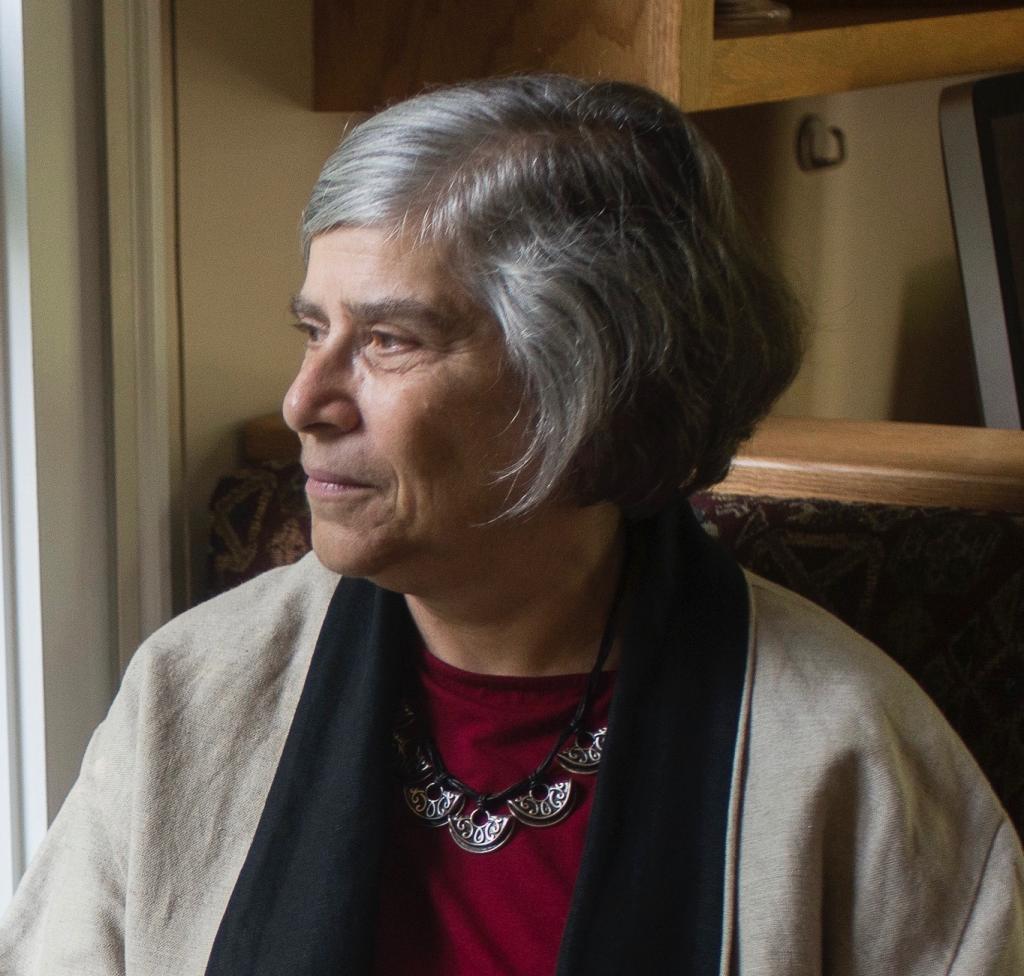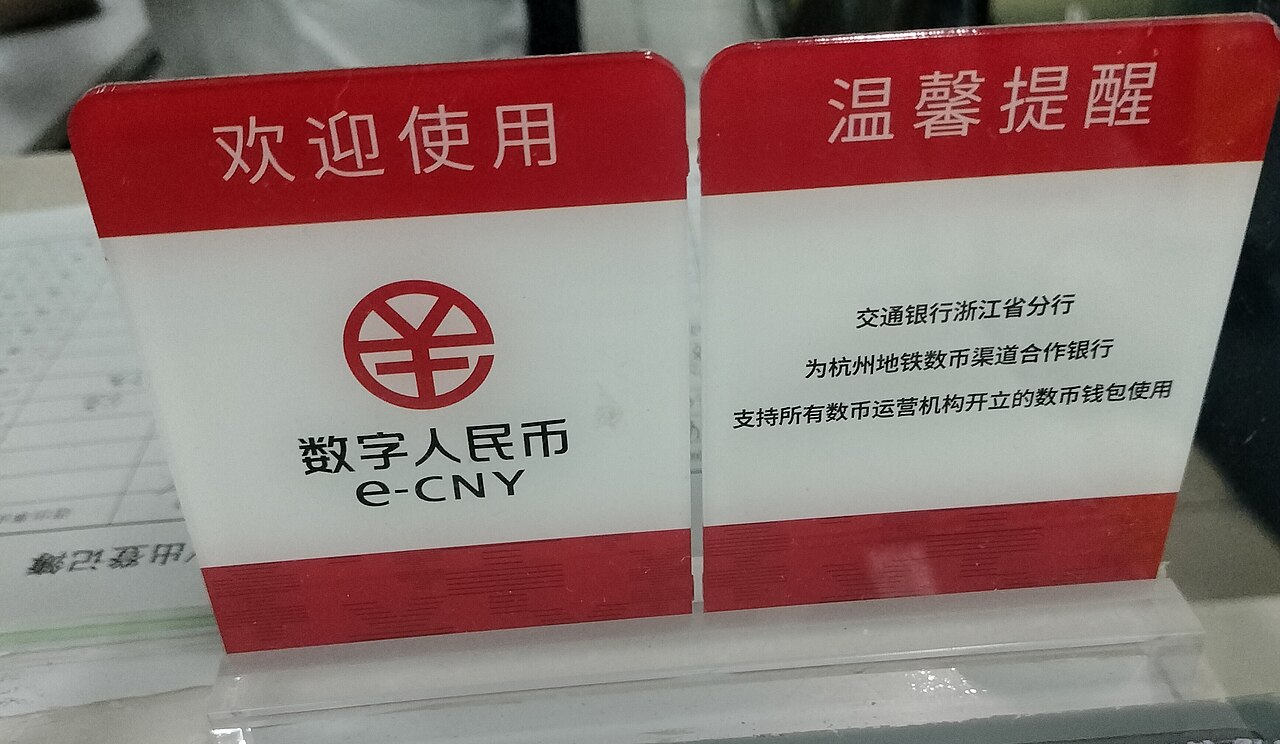Phones Move – and So Should the Law
I'd like to call your attention to an amicus brief filed in the Supreme Court on Monday. Should the government be required to obtain a search warrant in order to acquire location information tracked by service providers? The amicus brief, signed by a number of leading technologists, provides a strong technical argument as to why the answer should be yes. (Disclosure: I'm a signer to the brief.)
The issue comes down to three basic points:
Published by The Lawfare Institute
in Cooperation With

I'd like to call your attention to an amicus brief filed in the Supreme Court on Monday. Should the government be required to obtain a search warrant in order to acquire location information tracked by service providers? The amicus brief, signed by a number of leading technologists, provides a strong technical argument as to why the answer should be yes. (Disclosure: I'm a signer to the brief.)
The issue comes down to three basic points:
First, whenever a cell phone is connected to a network—that is to say, whenever the phone is on—the technology increasingly provides extremely detailed information, enabling the location of a user not just in a building, but even on a particular floor. The number of cell sites is increasing, which means that the ability to pinpoint users' locations will only grow stronger. And because cell site location information (CSLI) is useful for network management—when and how resources are used, where to place resources in future— service providers often retain CSLI for years. That means the data is available for government investigations; data requests to the providers show that law enforcement increasingly uses this information. But it also means that law enforcement receives far richer information than it had obtained in even the recent past. In one recent case, the government obtained 127 days' worth of CSLI for one defendant, 88 for another. In another case, the government obtained 228 days' worth of location information (details for both cases are in the brief). Government collection of the data was done without a warrant.
Second, even if some users understand that their providers know their location in order to provide them with mobile phone service, the level of precision of that location information is largely not understood by the users. In that sense, this case is not a replay of Smith v. Maryland.
Third, technology really changes the world. Automatic tools make it easy to quickly ferret out information. CSLI essentially provides a detailed diary of where a target has been, who the target has been with (the other person's CSLI), and, in many cases, what they are doing: visiting an Alcoholics Anonymous meeting, going to an oncologist's office and then to the hospital radiology floor, planning and attending a political rally. CSLI is extraordinarily revealing of a person's interests and activities; it's remarkably privacy invasive.
Our brief urges the Court clarify the need for a warrant in collecting and using CSLI. Observers should understand this question as part of a much larger set of issues; changes in communications technology cause changes in what information is collected. Such changes that are not always obvious, but these may have a large impact on the law (see, e.g., this for another set of examples). I recommend reading the brief, which is clear and precise, to get a flavor of how technological changes on location information impact investigations—and should impact the law.



-(1)-(1).png?sfvrsn=1bc11cd_4)
_-_flickr_-_the_central_intelligence_agency_(2).jpeg?sfvrsn=c1fa09a8_5)
